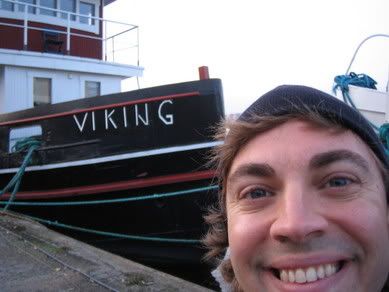Media Ecology as defined by three scholars on the MEA website (I took excerpts from longer definitions):
It is the study of media environments, the idea that technology and techniques, modes of information and codes of communication play a leading role in human affairs.
—Lance Strate, “Understanding MEA,” In Medias Res 1 (1), Fall 1999.
One such perspective, or emerging metadiscipline, is media ecology—broadly defined as the study of complex communication systems as environments.
As a perspective, metadiscipline, or even a field of inquiry, media ecology is very much in its infancy.
Media ecology is, in short, a preparadigmatic science.
—Christine Nystrom, Towards a Science of Media Ecology: The Formulation of Integrated Conceptual Paradigms for the Study of Human Communication Systems, Doctoral Dissertation, New York University (1973).
Media ecology looks into the matter of how media of communication affect human perception, understanding, feeling, and value; and how our interaction with media facilitates or impedes our chances of survival.
The word ecology implies the study of environments: their structure, content, and impact on people.
An environment is, after all, a complex message system which imposes on human beings certain ways of thinking, feeling, and behaving.
- It structures what we can see and say and, therefore, do.
- It assigns roles to us and insists on our playing them.
- It specifies what we are permitted to do and what we are not. Sometimes, as in the case of a courtroom, or classroom, or business office, the specifications are explicit and formal.
In the case of media environments (e.g., books, radio, film, television, etc.), the specifications are more often implicit and informal, half concealed by our assumption that what we are dealing with is not an environment but merely a machine.
Media ecology tries to make these specifications explicit.
It tries to find out what roles media force us to play, how media structure what we are seeing, why media make us feel and act as we do.
Media ecology is the study of media as environments.
—Neil Postman, “The Reformed English Curriculum.” in A.C. Eurich, ed., High School 1980: The Shape of the Future in American Secondary Education (1970).


No comments:
Post a Comment